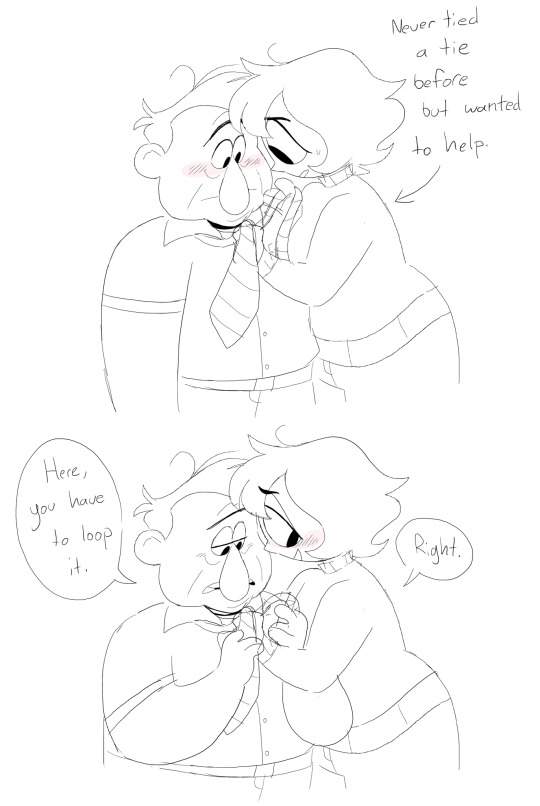#should I tag this as a theory???
Text
I saw a few people mentioning the possibility of Eddie choosing to distract the bats knowing that he wouldn't make it and while I'm not saying that's true (I haven't watched the show, remember? I don't know what's going on most of the time) it does kinda make sense thinking of his character. Eddie knew that just because Vecna got defeated it didn't mean people would stop accusing him of murder. And even if they found a good cover story for him, some people will still think it was him. It would never be the same. The guy took the easy way out and painted himself as a hero in the eyes of the people he cared about. A win-win situation, right?
With that information in mind, I want you guys to remember the little moment between Dustin and Eddie- more specifically when Eddie said "I didn't run this time, right?". Following the show, yeah he didn't. He has run back then when Chrissy got cursed and then when Patrick also got cursed, but he didn't this time. BUT, if we assume that Eddie knew he wouldn't make it... we assume that it was Eddie's plan all along to die in the Upside Down...
He actually did run this time. He run away from what was going to follow. That no longer was an ask for validation of his development, it was Eddie trying to lie to Dustin and himself. He was trying to convince himself he didn't run this time. That he actually was courageous and protected Dustin from the demonbats.
But deep down he knew he has run, just like always. Because that's what he's good at, running away from problems. He died knowing that Dustin's words were a lie- that he really was no hero, only a coward.
He died for nothing. He died because he was afraid.
#Moving on is recognizing that Eddie's death was lowkey insignificant yet he made it impactful#anyway I just found the concept very sad and as such very beautiful#lowkey love this more than the canon#just thinking about Eddie saying 'look at us we are no hero' and actually being right because he was not#yes he might have actually made a difference but it wasn't because he actually wanted that. it was because that was what it took for him to#die#actually I think that's when Eddie got the idea. while Steve told them to not be cute or smth like that I can't remember the whole quote#like he didn't straight up said I'm gonna die but the idea came to him#like if he could maybe find a way to be a hero... and maybe maybe die in the process... without putting Dustin in any danger...#anyway what I'm saying is in the context of Eddie actually wishing to die during that whole bait operation#I'm not saying that's what happened but is an angle that I'm really enjoying so far#my angsty heart is all for sigly suicidal Eddie with no reason to live even though he had people like Dustin and uncle Wayne to fight for#stranger things#stranger things eddie#stranger things eddie munson#eddie munson#should I tag this as a theory???#idk man#tw suicidal thoughts#just to be sure#as that's the whole subject of this post man#incorrect quotes#in like actually incorrect cuz I'm not sure what I said is right and I'm on my way to work rn and too lazy to look it up and make sure is#right#but I watched enough Steddie edits on TikTok to be 85% confident they are ok
14 notes
·
View notes
Text
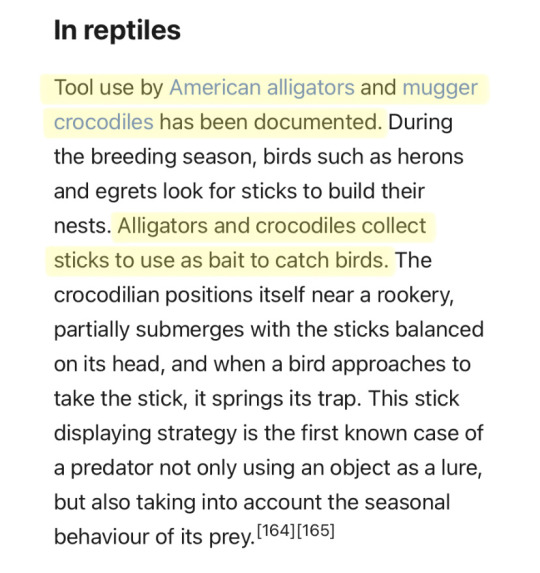
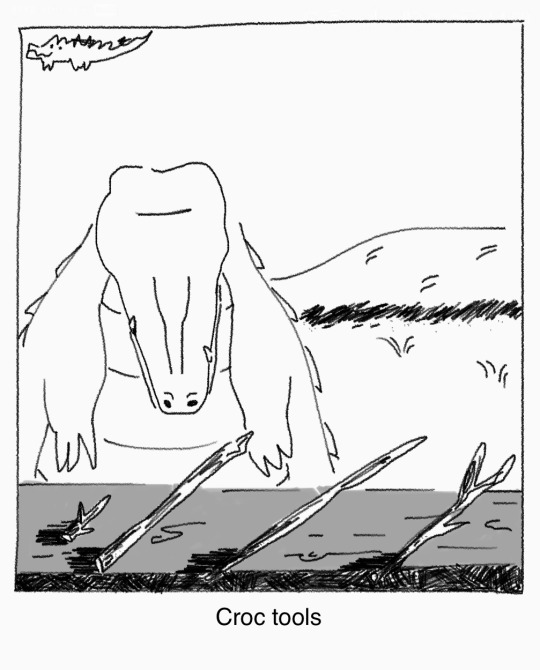
no fucking way
#sketches#comics#the far side#crocodiles#my art#i don’t know how to tag this.#also i should probably say. i tried to look into it further and i haven't seen hard hard evidence that they do this on purpose#personifying animals is tempting but ultimately i think it's just hot speculation atm. crocodilians are famously tough to research too#like the advantages may be a coincidence or just pure curiosity/play. which is also really cute...love those guys#sorry for the misinformation! light theory only afaik#comic
64K notes
·
View notes
Text
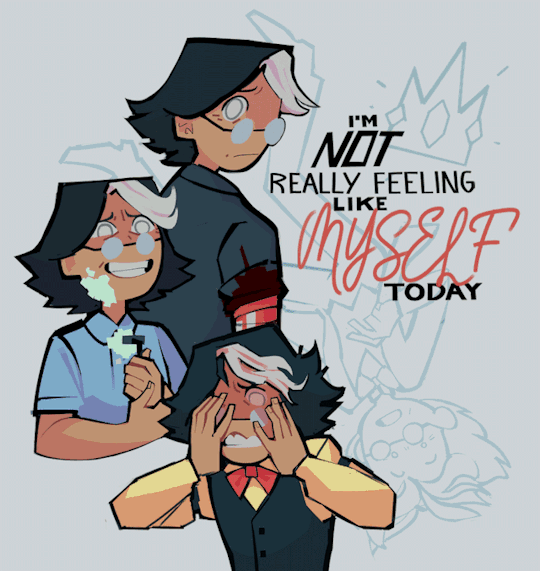
SO IVE BEEN GOIN INSANE SINCE THIS TRAILER DROPPED. JUST. SIMON. SIMON. SIMON.
#simon petrikov#fionna and cake#adventure time#goin insane over him#thers no words to describe how im feelin#i wish i could draw somehtin better but i am goin INSANE#FINALLY. AFTER ALL THESE YEARS. we are being FED.#ALSO?? HOW THEY SHOWED HIM EXACTLY WHEN THE LYRICS GO ''WHATS WRONG WITH ME'. LIKE HELLO???????#ive seen so many good theories PLEASE GOD WRITE FICS I AM BEGGIN I LL DRAW U FANART BLS HEL P#IDK WOT IM GONNA DO FOR A WHOLE MONTH#SOMEONE KNOCK ME OUT TIL THE 31ST. HIBERNATE ME. HELP.#also i need to put it out there the first thing i thought when i saw this trailer was simon is tryina rewrite fionna and cake#which is why their world keeps changin so much? idk idk#ive seen so many different ideas and they are all so good please help#ALSO GOD. THIS MAN IS JUST GOIN THRU IT. AND ITS ONLY BEEN A QUICK TRAILER.#im sorry for so many tags idk where to put these help#maybe i should make an actual blog for like. whatever. n reblogs. help.
10K notes
·
View notes
Text

CHAT IS THIS REAL
4K notes
·
View notes
Text
Wow YouTube. Thanks for the WHIPLASH

1K notes
·
View notes
Text
hc that Dazai made a point of calling Chuuya small when they met because Dazai was used to being the small one.
like, finally there was someone shorter than him. because let’s be real, Dazai was barely taller than Chuuya in Fifteen.
i think people forget how small Dazai was too— not just in height, but also in weight. He was underweight in Dark Era, but in Fifteen & even at present he's barely within the healthy weight range for his height. he was constantly described as a twig in Fifteen, and almost every time he's introduced in the light novels he's called lanky, slender, etc.
#even in terms of his present day height. like yes he’s tall#but he’s not even close to one of the tallest in bsd. he’s just tall compared to Chuuya#fic writers should really take advantage of the fact that Chuuya called Dazai a twig in 15#‘but what about broad shoulders Dazai?’ pretty sure that’s just how harukawa draws 😭 like basically every character has ‘broad shoulders’#if you look at it like that#i recently came to the realization that i gatekeep my hcs & theories fsr?? so i’m trying to change that lol#i wrote this in the tags of a post but figured it deserved its own post#rambling about bsd again#bsd#bungou stray dogs#soukoku#skk#bsd dazai#bsd chuuya#dazai osamu#nakahara chuuya#bsd analysis#bsd meta#tw weight#bsd hcs#skk hc
690 notes
·
View notes
Note
OKAY SO GENERAL THOUGHTS AND SOME HYPOTHESES BASED UPON THE INFORMATION WE HAVE:
Holly is from Teegarden; a place where either all of his species can shapeshift or he himself is some kind of priest of whatever god they worship that has given him the ability to shapeshift. If ALL of the Teegardenians have innate shapeshifting, this makes the bird hunting Inherently More Sinister, but it makes far more sense to me for Holly to be special, because he says he's from a temple and attributes his shapeshifting to god. It also makes sense for Holly to be special amongst his species because Sculptor asked Oscar and Ward 'Which of you is smarter?'
They're keeping higher quality/more unique specimens in The Vault and maintaining them for some reason.
When Ward is still Very Much Ravaged by whatever the fuck the Science Scrapers were doing, we see probably-Sculptor saying they should put him specifically with 'someone peaceful'. We don't know why they have taken this consideration beyond determining he's not going to be a danger to a more peaceful inmate, but we do know Holly is also missing an eye, which means that must be part of the 'forcibly extracting information from a creature's body and brain' process. Ward was not doing any talking, they got the information about Oscar's laptop via stealing it out of his brain. Sculptor was not separating the dangerous smart one from the harmless stupid one. The Echolocators (this will be my shorthand for the rest of the Q) fully believe themselves to be above both these weird little dudes, but they know from experience they can get more, better information about humans out of the smarter of the two.
Holly sighs sadly and says 'they've found another civilization to destroy', and he's been kept alive alone in the vault for an indefinite period of time while the general ecosystem of his planet appears to be intact enough for regular hunting excursions. Either the Echolocators circle around regularly between planets they've previously colonized to keep the base resources on each planet fresh, or they are in the middle of ravaging specifically Teegarden beyond livability, and will move on to Earth next now that they've conveniently found some fun new pets. I believe the use of 'civilization' is significant enough to suggest it's the former, which is Way Scarier because they've also noted humans are edible and taste good.
A species of colonizer aliens being set up in an ant-like colony is delightful by the way. Also I saw someone in the notes saying 'oh no she doesn't know about The Incident' over Ecliptica being like 'I didn't really check on Ward, science is boring to me' and would just like to say No. Ecliptica absolutely knows about the unethical Whatever That Was and The Vault. She just doesn't know if Ward survived or is any semblance of okay. Because Oscar is a cute fun novelty and Ward is some guy she does not particularly care about.
Oh, my God, I want to express my thoughts on your hypotheses so bADLY. But that would be the wrong way to present information that should be shown in a story. But I still want everyone to see it, because carefully analyzing a story is one of the greatest forms of art that amazes me every time🧡
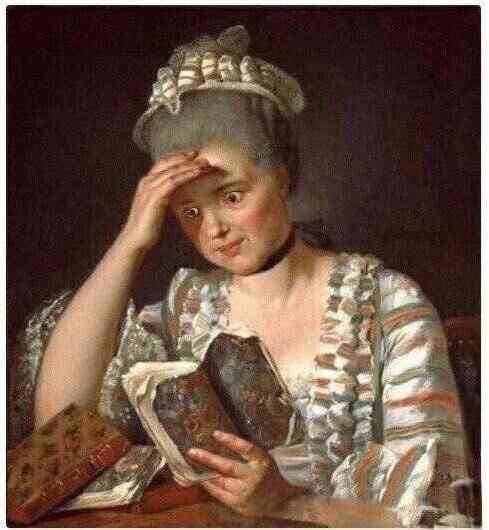
#marble sky ask#should I....maybe...#marble sky theories#okay why not#congrats Stars-in-a-jam-jar you made me to establish the new tag for you haha#really cool nickname btw I love it
441 notes
·
View notes
Text

of lovebirds and latence
#i love gay people#i usually dont do painterly stuff like this but i wanted to try#color theory is a bitch but whatever this came out ok#they should hold hands .. or something<3#the amazing digital circus#tadc ragatha#tadc pomni#forgive me i dont know tags .#i am senile#pomni x ragatha#ragapom#buttonblossom
971 notes
·
View notes
Text
HI HELLO! Welcome to my completely unnecessarily detailed analysis on how I think Inkfish languages could work! + with art! yay! This is all pretty rough and not fully fleshed out (I don't have the time or patience for that lmao). THIS IS A LONG POST.
Okay, so there's dozens of languages spoken by cephalopods in the Mollusc Era but the main two I'll talk about are Inkling (or Inklish) and Octarian, spoken mostly by Inklings and Octolings respectively.
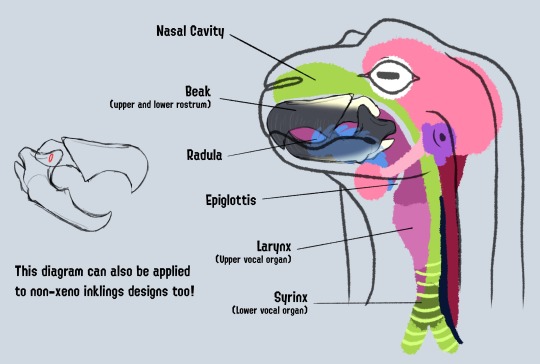
In cephalopods, speech is formed using the syrinx and larynx, two fancy vocal organs that most other species don't have together. The larynx makes sounds using the radula (tongue) and vocal folds in the throat, it's clear and pretty easy to understand as the sound itself resembles human speech, albeit warbled. The syrinx makes noise by vibrating air at the base of the trachea, it's often trickier to follow as it can sound more like droning background noise than words sometimes.
An inkfish can use both of them at once, resulting in an EXTREMELY complicated language system where words can be made up of multiple layered syllables, and several words and sentences can even be said at the same time.
As you can probably imagine, all of this is LITERAL HELL to learn for species who don’t have both a syrinx and a larynx (so basically anyone who isn't a cephalopod). But fear not! There are many simple and more inclusive alternatives, dialects and other cool stuff like sign language and instant TTS technology for people who physically can't pronounce Inkling/Octarian or even vocalise at all (eg. jellyfish).
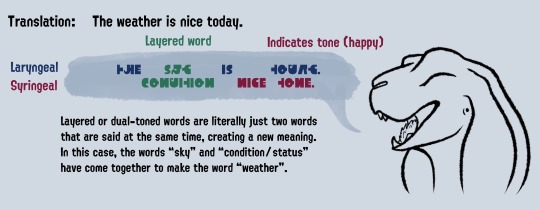
Both main Inkfish languages can be broken down into laryngeal words (made with the larynx), syringeal/drone words (made with the syrinx) or a combination of both, called dual-toned/layered words.
Keep in mind that both word-types can be spoken at the same time. Layering can be used to add additional connotations to a word, or to even make a new one entirely. For example, the laryngeal noun ‘bird’ combined with the syringeal noun ‘metal’ spoken together will create the layered Inkling word ‘aeroplane’, like a compound word in English.
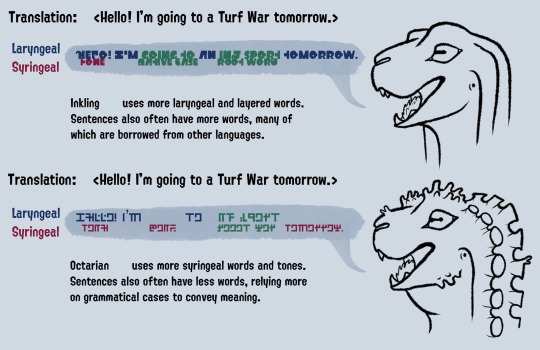
Dual-toned stuff is more common in Inkling than in Octarian, as the language is older and has more loanwords. Inklish's dependence on the larynx gives it a higher-pitched, clearer sound whereas Octarian's more monotone syrinx-based structure results in a deep, almost guttural sound.
Both cephalopod languages are heavy on tone and pronunciation, resulting in a plenty of accent indicators in written scripts. I used the in-game fonts for the art but if I were to rework it, each letter would probably be more complicated than traditional Mandarin on steroids. So hell on earth, basically.
On a side note, all of these language features open possibilities for some very cool poetry and literature. An inkfish author could write a poem with two lines of thought occurring at once, or a book with vivid emotional undertones written inside the prose. Pretty cool.
OKAY that's all I have to say thank you for reading! Hopefully this makes sense, feel free to send asks or whatever if it's confusing and I'll do my best to explain it better!
#I should go outside instead of analysing the silly squid game#I tried my best with my scientific and (limited) linguistic knowledge don't yell at me if I get something wrong lmao#my art#splatoon#xeno tag#xeno inkling#xeno octoling#splatoon 3#splatoon art#speculative biology#speculative zoology#conlang#splatoon headcanon#inkling#octoling#splatoon theory
569 notes
·
View notes
Note
Hi, i just learned about the scientific revolution in europe at school. Can you tell me why you dont think scientific revolutions exist? im curious!
So I feel like I have to lead with the fact that I'm kind of arguing two different points when I say scientific revolutions aren't really a thing
One is that I'm objecting to a specific, extremely foundational theory of scientific revolutions that was put forth by the philosopher Thomas Kuhn, which I think really misrepresents how science is actually practiced in the name of fitting things to a nice model. The other is that I think the fundamental problem with the idea is that it's too vague to effectively describe an actual process that happens.
It's certainly true that there are important advances in science that get referred to as "revolutions" that fundamentally changed their fields -- the shift from the Ptolemaic model of the Solar System to the Copernican one, Darwin's theory of evolution, etc. But there are historians of science (who I tend to agree with) that feel that terming these advances "revolutions" ignores the fact that science is an continuous, accretional process, and somewhat sensationalizes the process of scientific change in the name of celebrating particular scientists or theories over others.
Kuhn's model that he put forth in The Structure of Scientific Revolutions (which is one of those books that itself stirred a great deal of activity in a number of fields) suggests science evolves via what he called "paradigm shifts," where new ideas become fundamentally incompatible with the old model or way of doing things, causing a total overturn in the way scientists see the world, and establishing a new paradigm -- which will eventually cave to another when it, too, ceases to function effectively as a model. This theory became extraordinarily popular when it was published, but it's somewhat telling who it's remained popular with. Economists, political scientists, and literary theorists still use Kuhn, but historians of science, in my experience at least, see his work as historically significant but incompatible with how history is actually studied.
Kuhn posits that between paradigm shifts there are periods of "normal science" where paradigms are unquestioned and anomalies in the current model are largely ignored, until they reach a critical mass and cause a scientific revolution. In reality though, there is often real discussion of those anomalies, and I think the scientific process is not nearly so content to ignore them as Kuhn thinks. Throughout history, we see people expressing a real discontent with unsolved mysteries the current scientific model fails to explain, and glossing over those simply because the individuals in question didn't manage to formulate breakthrough theories to "solve" those problems props up the somewhat infamous "great men" model of history of science, where we focus only on the most famous people in the field as significant instead of acknowledging that science is a social enterprise and no research happens in a vacuum!
Beyond disagreeing with Kuhn specifically though, I think the idea of scientific revolutions vastly simplifies how science evolves and changes, and is ultimately a really ahistorical way of thinking about shifts in thinking. Take the example of the shift from Ptolemaic, geocentric thought to the heliocentric Copernican model of the solar system. When does this supposed "revolution" in thought actually start, and when does it "end" by becoming firmly established? You could argue that the publication of Copernicus' De revolutionibus orbium coelestium in 1543 was the beginning of the shift in thinking -- but of course, then you have the problem of asking where Copernicus' ideas came from in the first place.
The "great men" model of history would suggest Copernicus was a uniquely talented individual who managed to suggest something no one else had ever put forth, but realistically, he was influenced by the scientists who came before him, just like anyone else. There were real objections to the Ptolemaic model during the medieval era! One of the most famous problems in medieval astronomy was the fact that assuming a geocentric model makes the behavior of the planets seem really weird to an observer on Earth, referred to as retrograde motion, which had to be solved with a complicated system of epicycles that people knew wasn't quite working, even if they weren't able to put together exactly why. There were even ancient Greek astronomers who suggested that the sun was at the center of the solar system, going all the way back to Aristarchus of Samos who lived from around 310-230 BCE!
Putting an end point to the Copernican revolution poses similar challenges. Some people opt to suggest that what Copernicus started, either Galileo or Newton finished (which in and of itself means the "revolution" lasted around 100-150 years), but are we defining the shift in terms of new theories, or the consensus of the scientific community? The latter is much harder to pinpoint, and in my opinion as an aspiring historian of science, also much more important. Again, science doesn't happen in a vacuum. Copernicus, Galileo, and Newton may be more famous than their peers, but that doesn't mean the rest of the Renaissance scientific community didn't matter.
Ultimately it's a matter of simple models like Kuhn's (or other definitions of scientific revolutions) being insufficient to explain the complexity of history. Both because science is a complex endeavor, and because it isn't independent from the rest of history. Sure, it's genuinely amazing to consider that Copernicus' De revolutionibus orbium coelestium and the anatomist Andreas Vesalius' similarly influential De humani corporis fabrica were published the same year, and it says something about the intellectual climate of the time. But does it say something about science only, or is it also worth remembering that the introduction of typographic printing a century prior drastically changed how scientists communicated and whose ideas stuck and were remembered? On a similar note, we credit Darwin with suggesting the theory of evolution (and I could write a similarly long response just on the many, many influences in geology and biology both that went into his formulation of said theory), but what does it say that Alfred Russel Wallace independently came up with the theory of natural selection around the same time? Is it sheer coincidence, or does it have more to do with conversations that were already happening in the scientific community both men belonged to that predated the publication of the Origin?
I think that the concept of scientific revolutions is an important part of the history of the history of science, and has its place when talking about how we conceive of certain periods of history. But I'm a skeptic of it being a particularly accurate model, largely on the grounds of objecting to the "great men" model of history and the idea that shifts in thinking can be boiled down to a few important names and dates.
There's a famous Isaac Newton quote (which, fittingly, did not originate with Newton himself, but can be traced back even further to several medieval thinkers) in which he states "If I have seen further it is by standing on the shoulders of Giants." I would argue that science, as an endeavor, is far more like standing on the shoulder of several hundred thousand other people in a trenchcoat. This social element of research is exactly why it's so hard to pull apart any one particular revolution, even when fairly revolutionary theories change the direction of the research that's happening. Ideas belong to a long evolutionary chain, and even if it occasionally goes through periods of punctuated equilibrium, dividing that history into periods of revolution and stagnancy ignores the rich scientific tradition of the "in-between" periods, and the contributions of scientists who never became famous for their work.
#SORRY FOR WRITING A NOVEL#i hope this makes sense and that i am not too deep in the history of science theory to give a good explanation#a much shorter tl;dr answer would be that my stance towards scientific revolutions is more skepticism than total rejection#but hyperbole gets the job done a lot faster haha#getting to the point that i really should have a#history of science tag
363 notes
·
View notes
Text

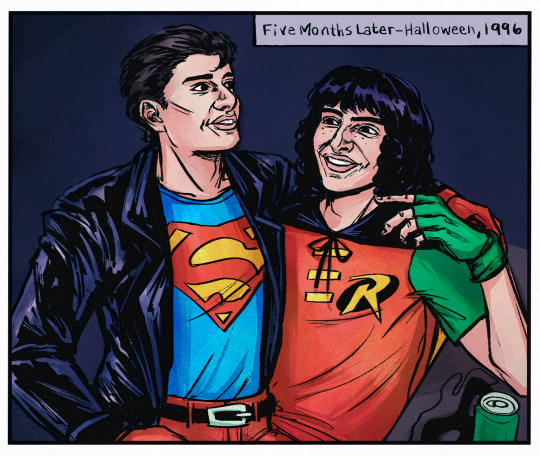
Byler Week Day 5 — Secret Identities
very loosely interpreting the prompt for today but i've had this idea for a while and... secret identities, Superheroes, that works. anyone who knows me well probably could have seen something like this coming LMAO
also trying to draw Robin & Superboy costumes that look thrown together and home-made when i have spent so much time drawing their actual designs was a challenge
#'sam this is 10 years after where canon is rn why do they look the same' because shhhhh#it had to be 1996 because that's when Worlds Finest Three: Superboy/Robin came out !!!!!!!#also yes specifically issue 59 of Wizard (cover date july 96 publication date may 96) is when WF3 got a mention/announcement#bylerweek2023#Day 5 Secret Identities#byler#byler art#mike wheeler#will byers#stranger things#anyways listen timkon & byler are different ships in many ways however#i DO believe mike would carry tim's 'im gonna desperately try to clone him back to life 100 times' energy if#anything bad happened to will ever again#PLUS like. some theories ive seen about birthdaygate with like the idea of will getting slowly erased from people's memories........#i don't want that to happen but IF IT DID. getting a detective comics 967 'he talked about a friend i should have.. someone named conner...#and i feel that name tugging on my heart but i don't know why' moment with mike about will........ oughghghghg#sam draws shit#<- almost forgot my damn art tag
956 notes
·
View notes
Text
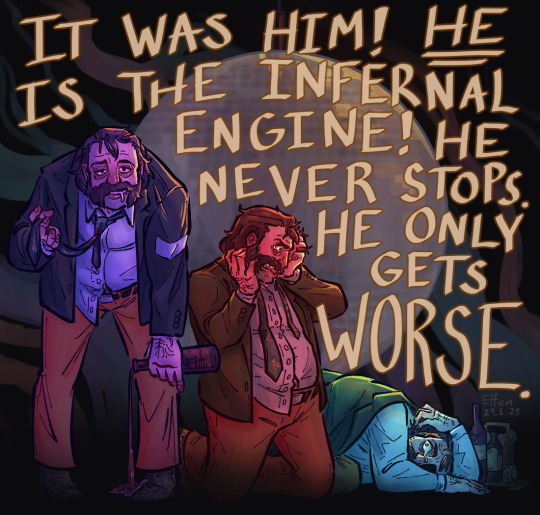
Harry Du Bois having a normal one
Alts and such:
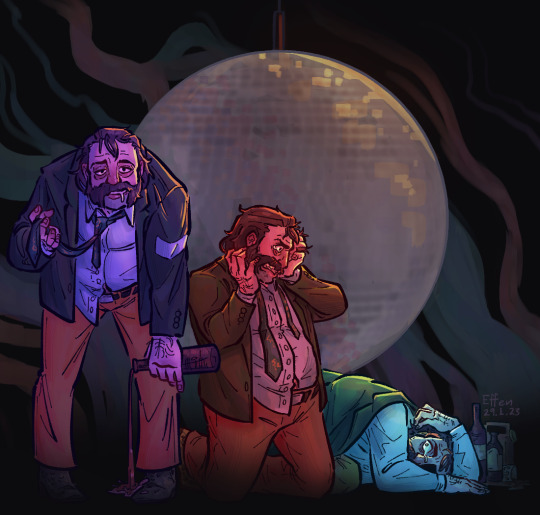
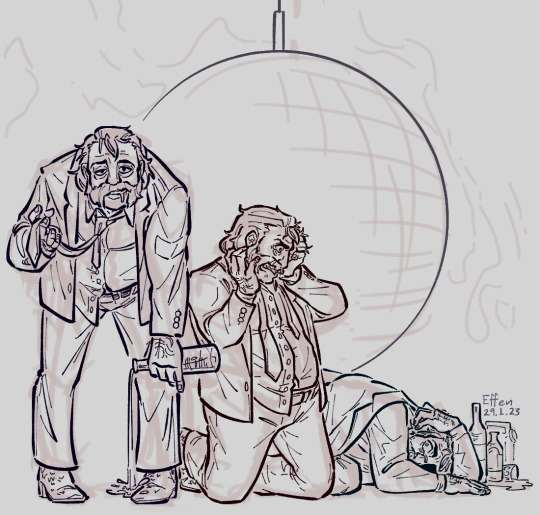
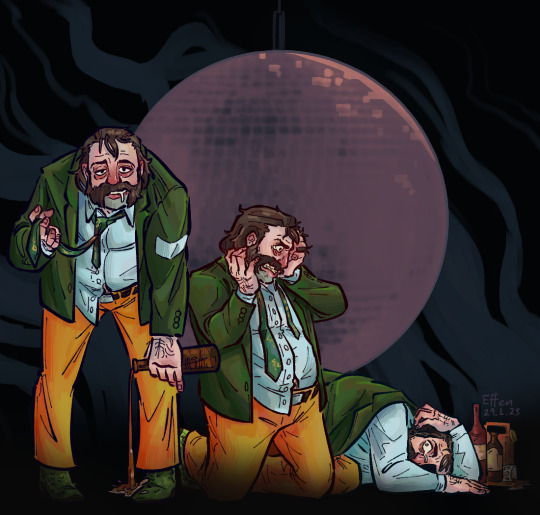
#Yeah the disco brainrot continues#I should really replay the game#Also holy hell it's been so long since I did an illustration#nice to be back to meticulously rendering and obsessing over colour theory#anyways tag time#disco elysium#disco elysium spoilers#disco elysium fanart#disco elysium art#de#de fanart#harry du bois#de harry#harrier du bois#disco elysium harry#cw drunk#cw alcohol#effen's art
1K notes
·
View notes
Text
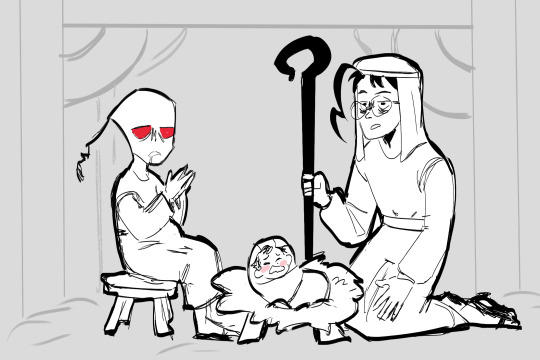
ah yes the miracle of childbirth
#randomly decided dec 22 is her bd some months ago#zadr#empanizad0#sorry in theory i should just spare me this one#this wont have any r*ligious tags i dont want this to come up when searching that word#shitpost lol
228 notes
·
View notes
Text
thank you @mafaldinablabla for the tag!! the game is to share 9 of my favourite books from the last 12 months, or 9 books on my tbr list for this year.
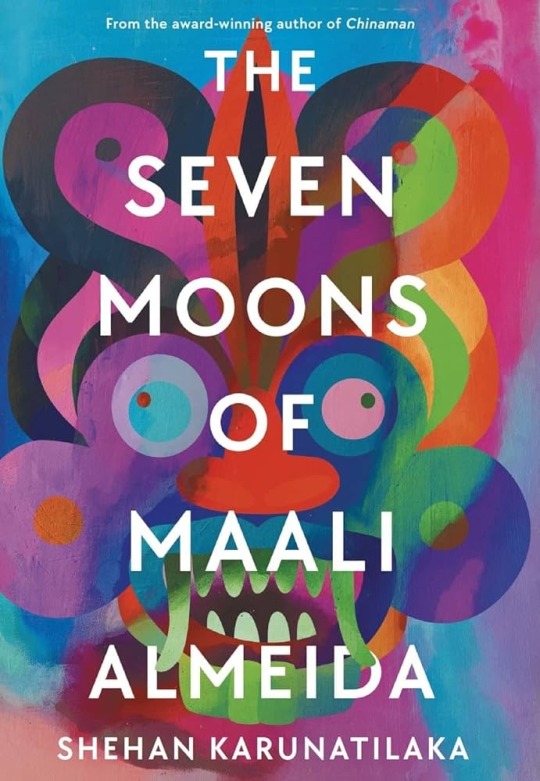
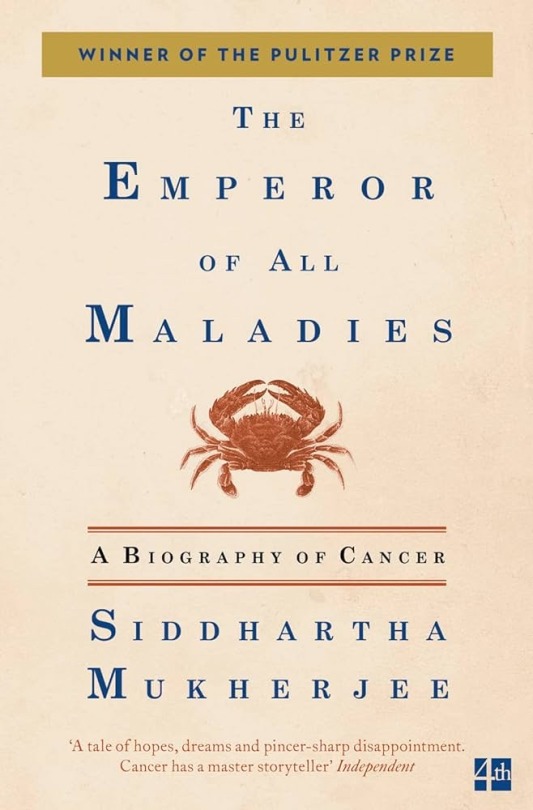
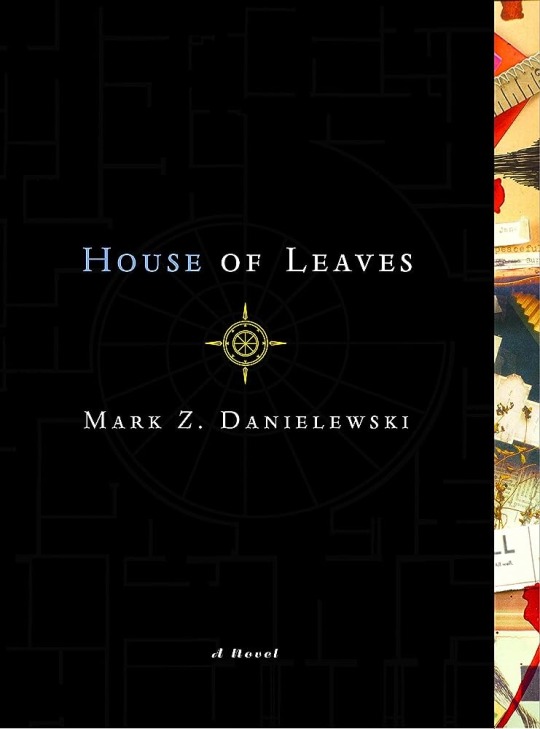

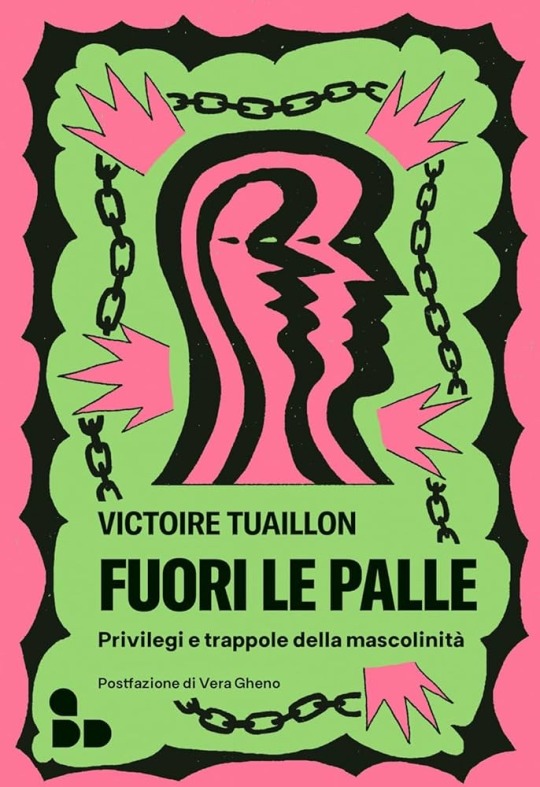
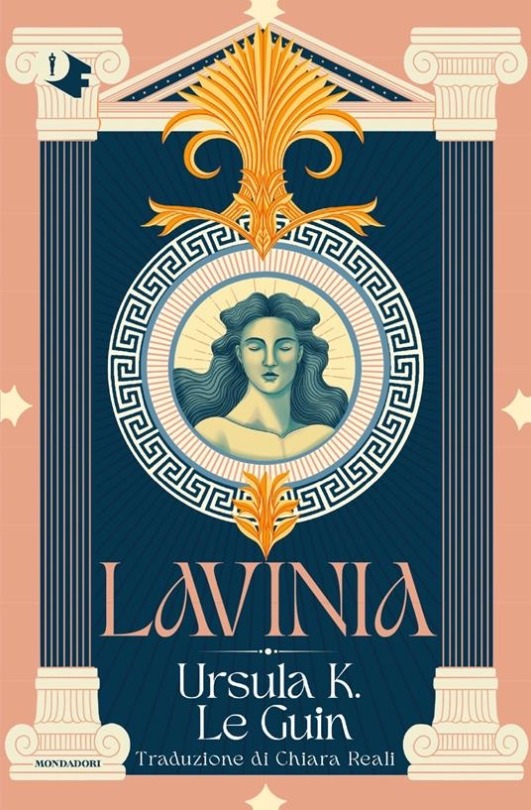
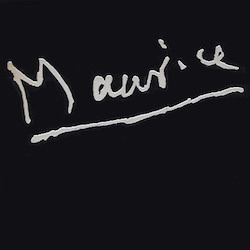
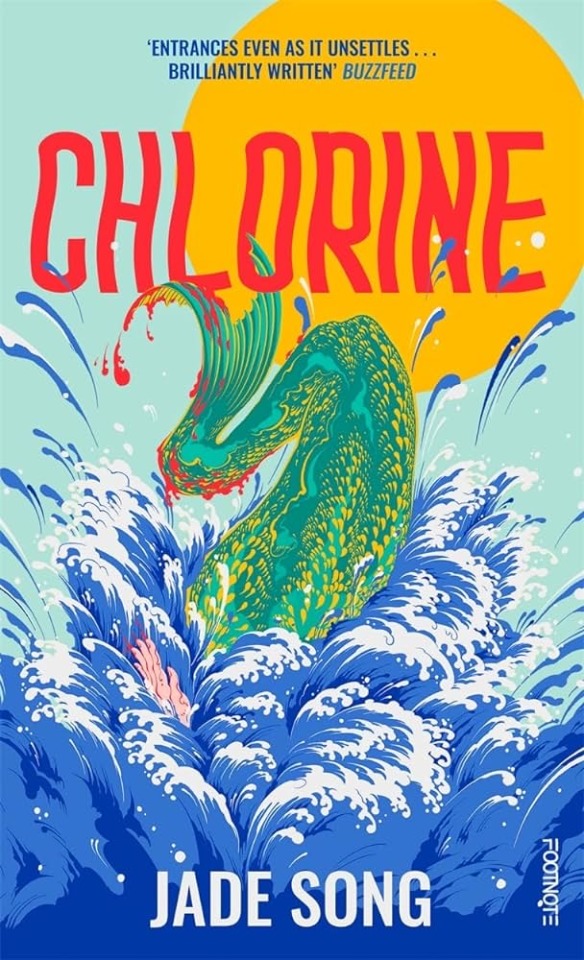

Here is what i’m looking forward to read this year! (my hunt for beautiful covers never ends. in this house books Shall be judged by their cover)
tagging uhh @erisenyo, @chitsangenthusiast, @ranilla-bean, @poikilotherm, @kyoshialone and whoever else wants to do it u.u
#also i really wanted to read the iliad but idk if there is a good prose translation/adaptation of it???#if any of italian moots has come across one…#blease tell me... blease hmu#ive also been meaning to get more into uhh#social theory books?#if that’s the word?#but idk where to begin#esp bc i read on a short commute and i usually don’t have the brain space to engage with academy level texts#again if someone know a version of this for tired dummies lmk#ALSO cheating a bit bc i already started the seven moons of maali almeida and i’m loving it sooooo much#plus jorjus cover#so rlly the perfect book#realizing i should prolly start a book tag hmm#anyway#send post#oh I'm also looking forward to finish the murderbot diaries it's slow going but I'm halfway through and they're so good
105 notes
·
View notes
Text
Back on my theory wagon- Anyone else notice the price for the Wacky Watch is 19.95?
I brought this up to my friends at first thinking was this just a Game Theory stretch that wouldn't mean anything, I just thought it was a funny specific number.
Until The Discord Told Me

THE YEAR 1995 APPEARS AFTER KINGER'S TEASER. It's possible this phrase isn't just joking about the pilot's eventual release date; maybe the digital circus (and Kingers arrival) DID come in 1995. That's when the game released. BUT THAT'S NOT ALL EVERYONE SAY THANK YOU TO THE GOOBERS OF THE DISCORD AGAIN BECAUSE

THAT LINES UP SUSPICIOUSLY WELL.
Are there any other references to 1995 that I just didn't see?? Or are these it?? Either way, I swear something is going on here
#should i start tagging these for theories specific to Kinger being the creator#sure#kingerdev theory#sock talk#tadc#the amazing digital circus#theory#tadc theory#tadc kinger
195 notes
·
View notes
